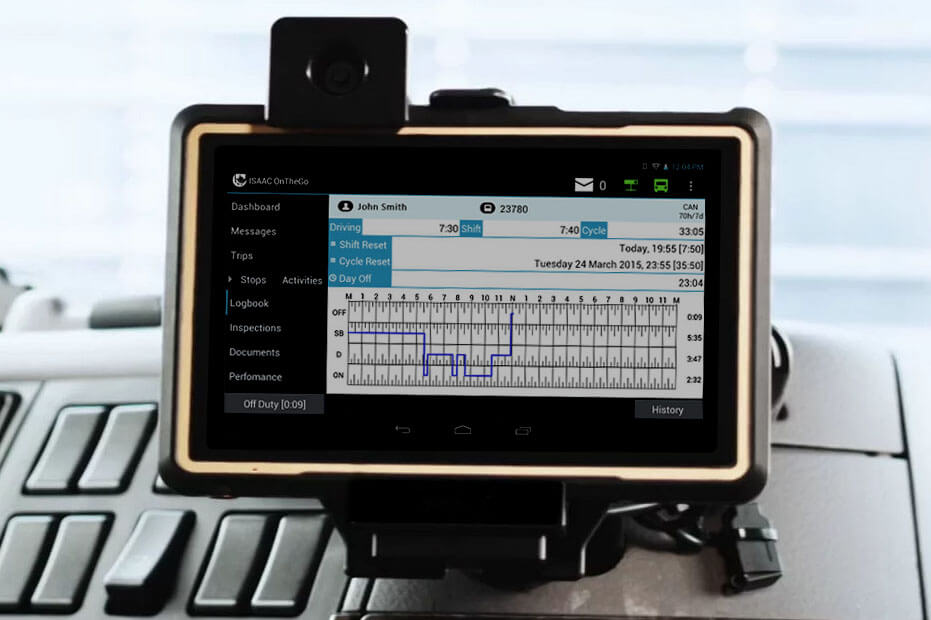In December 2017, the Federal Motor Carrier Safety Administration (FMCSA) mandated that all motor carriers must use Electronic Logging Devices (ELDs). This mandate changed everything for trucking companies in the United States. In this blog post, we’ll take a look at how ELDs have impacted the trucking industry and what it means for freight brokers.
The FMCSA had been pushing to implement ELDs since 2011, when they proposed a rule requiring electronic logging devices to be used by all motor carriers. This was done in an effort to make sure drivers were following federal hours-of-service regulations and prevent accidents due to driver fatigue.
But, what are ELDs exactly? Electronic Logging Devices (ELDs) are tools used by commercial truck drivers to record their hours of service electronically. This is an important tool for truckers since it helps them comply with the Federal Motor Carrier Safety Administration’s Hours-of-Service regulations, which limit the number of hours that a driver can be on the road each day. These devices also serve as a type of digital timesheet, providing detailed records of each trip taken, along with start and end times and total miles driven. By utilizing ELDs, truck drivers can easily keep track of their driving history and ensure they remain compliant with FMCSA regulations. In addition, these devices offer additional safety benefits such as automatic alerts when the driver is nearing their maximum allowed hours.
The implementation of ELDs has had a big impact on the motor carrier industry in the US. Before ELDs, drivers often fudged their logs or kept inaccurate records of their hours, which could lead to costly fines and safety violations. With ELDs, these violations are much harder to get away with as drivers are required to keep accurate records of their driving time using the device.
This increased accountability has led to stricter enforcement of hours-of-service rules and tighter capacity within the trucking industry. As more drivers are held accountable for their driving time, fleets have become more cautious about assigning loads beyond certain distances or over certain lengths of time because they risk running into compliance issues if they’re not careful. This means fewer available trucks and less capacity overall – a challenge that freight brokers must now face when booking shipments.
The adoption of electronic logging devices has led to far greater compliance with federal hours-of-service regulations within the trucking industry, but it has also resulted in tighter capacity and fewer available trucks for freight brokers looking to book shipments. It is important for freight brokers to be aware of these changes in order to be successful in today’s market. While it may seem daunting at first, understanding these changes will help you stay ahead of the competition and ensure your business remains profitable going forward.





